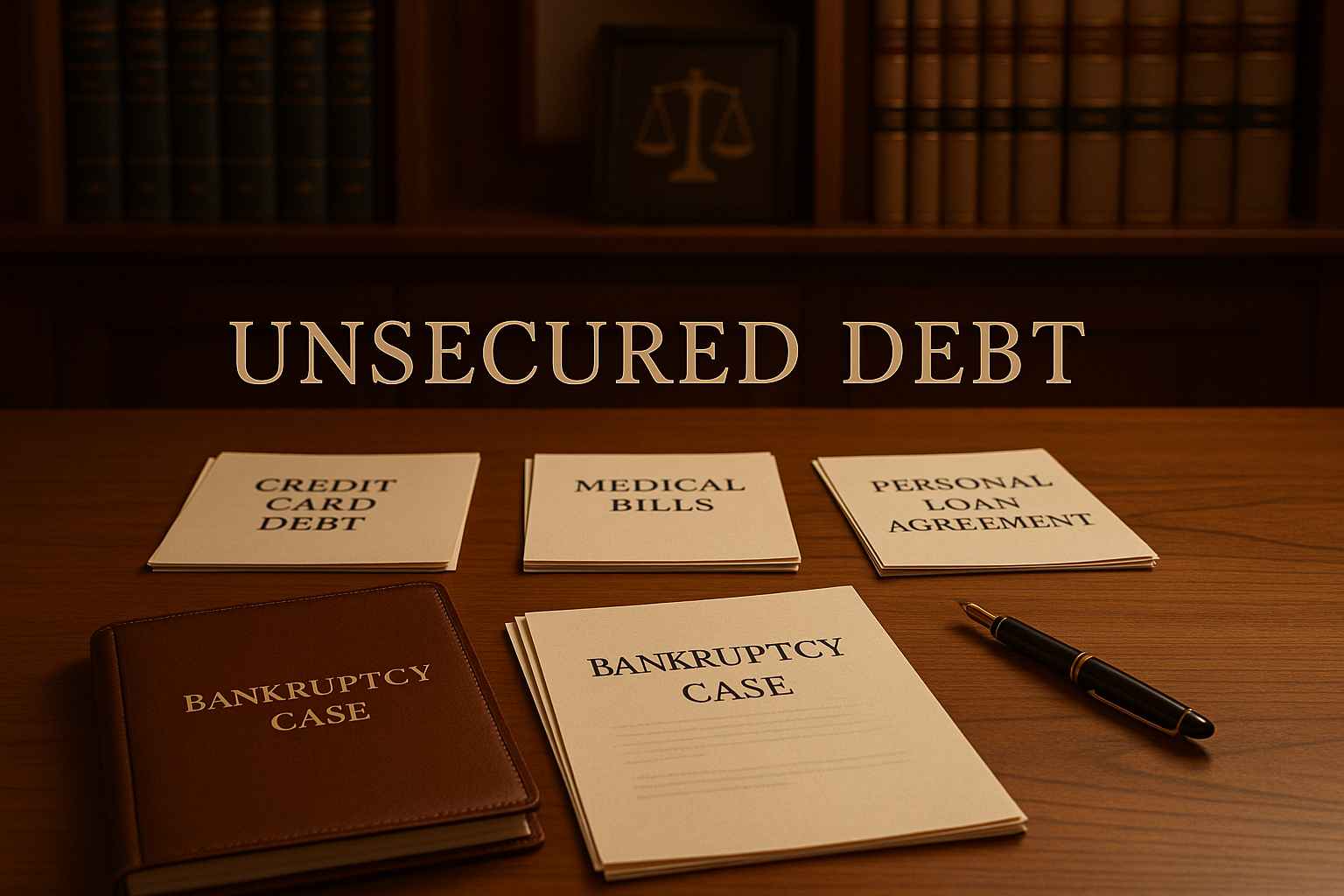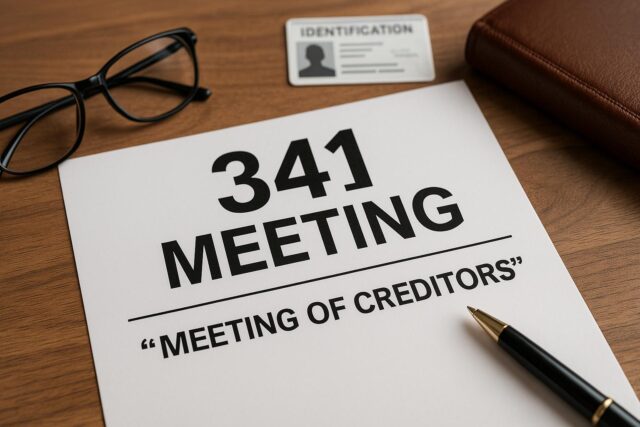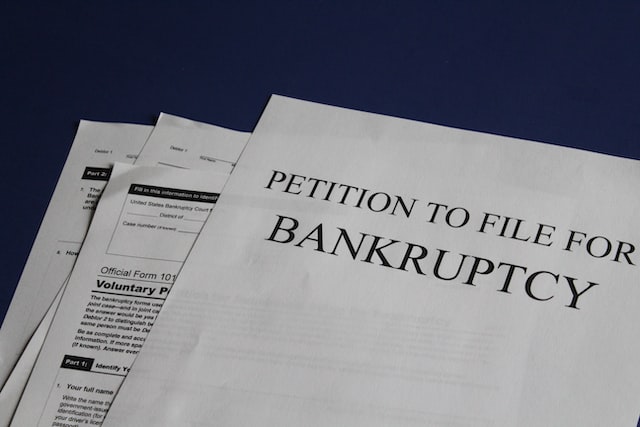If you’re considering filing for bankruptcy in Ohio, you’ve likely come across a lot of new terms: secured debts, unsecured debts, priority claims, exemptions—the list goes on. It can feel overwhelming, especially when you’re already dealing with financial stress. One of the most common questions we hear is, “What is an unsecured debt?” Read on and reach out to a Columbus bankruptcy lawyer from our firm to learn more. Here are some of the questions you may have:
How is Unsecured Debt Different from Secured Debt?e
To put it simply, an unsecured debt is a debt that is not backed by collateral. This means the creditor doesn’t have a legal claim to any specific property of yours if you stop making payments. Credit cards, medical bills, utility bills, personal loans, and most payday loans are all examples of unsecured debts. Unlike a mortgage (which is tied to your house) or a car loan (which is tied to your vehicle), these debts are not tied to any specific asset.
Secured debts, on the other hand, are linked to something tangible, such as your home, your car, or another piece of property. If you default on a secured debt, the lender can repossess or foreclose on the asset in question. With unsecured debts, that’s not the case. The creditor may still attempt to collect, but they can’t automatically take anything from you without going through the court system.
How Are Unsecured Debts Treated in Bankruptcy?
In both Chapter 7 and Chapter 13 bankruptcy, unsecured debts are generally treated more favorably for the debtor than secured ones. In Chapter 7, which is the more common type of consumer bankruptcy, most unsecured debts can be discharged entirely. That means you’re no longer legally responsible for paying them, and creditors can’t come after you once the discharge is granted.
In a Chapter 13 bankruptcy, which involves a repayment plan spread out over three to five years, unsecured creditors typically receive only a portion of what they’re owed, sometimes just pennies on the dollar. Once the plan is completed, the remaining balances are usually wiped out. Of course, not all unsecured debts are treated the same. Some, like child support or certain tax obligations, are considered “priority debts” and may not be dischargeable.
Should You Still Be Concerned About Unsecured Debts?
Absolutely. Just because a debt is unsecured doesn’t mean it can be ignored. Missed payments on unsecured debts can still damage your credit score, lead to aggressive collection efforts, and even result in lawsuits. In Ohio, a creditor with a court judgment can potentially garnish your wages or freeze your bank account, even if the debt wasn’t tied to any collateral.
Bankruptcy offers a powerful form of relief, but it’s not something to take lightly. That’s why working with an experienced Ohio bankruptcy attorney is so important. If you have further questions or wish to speak with a lawyer about your case, simply contact Cousino & Weinzimmer today.




